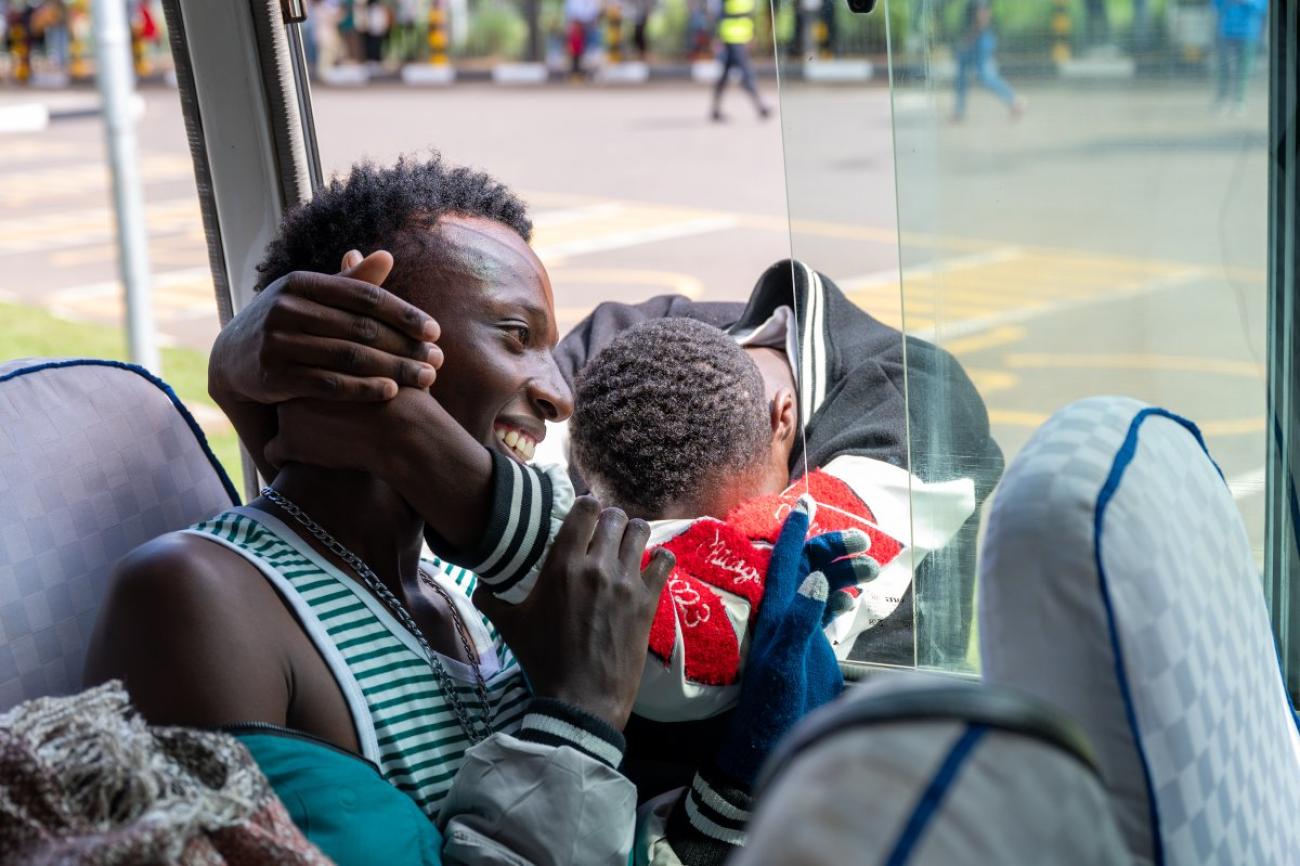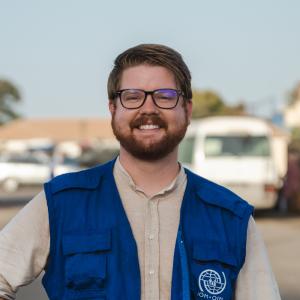In marking the 79th Anniversary of the United Nations, International Organization for Migration (IOM) in Rwanda, the UN held a public Dialogue to shed light on the crucial role of delivering equality, justice, and freedom for individuals on the move. The Dialogue which took place on X space, stressed the importance of affording migrants equal access to services and opportunities, recognising their fundamental rights.
A notable example highlighted during the discussion was IOM's efforts in skills development through collaboration with the Rwandan diaspora living abroad. Individuals from the diaspora engage in short assignments in Rwanda, sharing their expertise to contribute to the skills development and knowledge transfer of the local population.
One example is Jean Claude. He moved to Belgium in 2006 to earn a Bachelor’s degree in Electronics. Upon completing the course, he quickly started a thriving career as a railway technology specialist. When 17 years into his Belgian chapter, Jean Claude heard about an opportunity to travel back to Rwanda to share his skills, he did not hesitate to sign up for the programme.
"Wherever Rwandans go, they are exposed to new technologies and knowledge. There is nobody better to bring it back to Rwanda than us."
The discourse on X space, underscored the significance of access to justice as a fundamental right for migrants, emphasizing its essential role as a prerequisite for the realisation of all other rights. This is particularly crucial in ensuring the labor rights of migrants from other countries are respected.
Moreover, the conversation acknowledged migration as an inherent expression of freedom. Rwanda's approach to managing migration was commended, citing policies and measures such as the registration of third national countries, open-visa policies, open-for-business policies, and free movement for East African Community (EAC) nationals. Notably, Rwanda was the first country to ratify the AU Free Movement Protocol of the AfCFTA, being one of only four countries to do so.
"Everybody deserves access to services, including migrants. While skills are widely distributed, opportunities are not," asserted Ash Carl, Chief of Mission for IOM Rwanda. "We work with Rwandans residing overseas to explore how they can transfer those skills back to their home country."
Migration is a cross-cutting issue in the 2030 Agenda, relevant to all of the Sustainable Development Goals (SDGs). Further, the SDG’s motto to “leave no one behind” is a clear call for sustainable development to be inclusive, including for migrants. At least ten out of 17 goals contain targets and indicators that are directly relevant to migration or mobility. Ensuring equality, justice, and freedom for migrants is not only a moral imperative but also a fundamental commitment to building inclusive societies, fostering global harmony, and unlocking the full potential of diverse contributions to collective progress.








